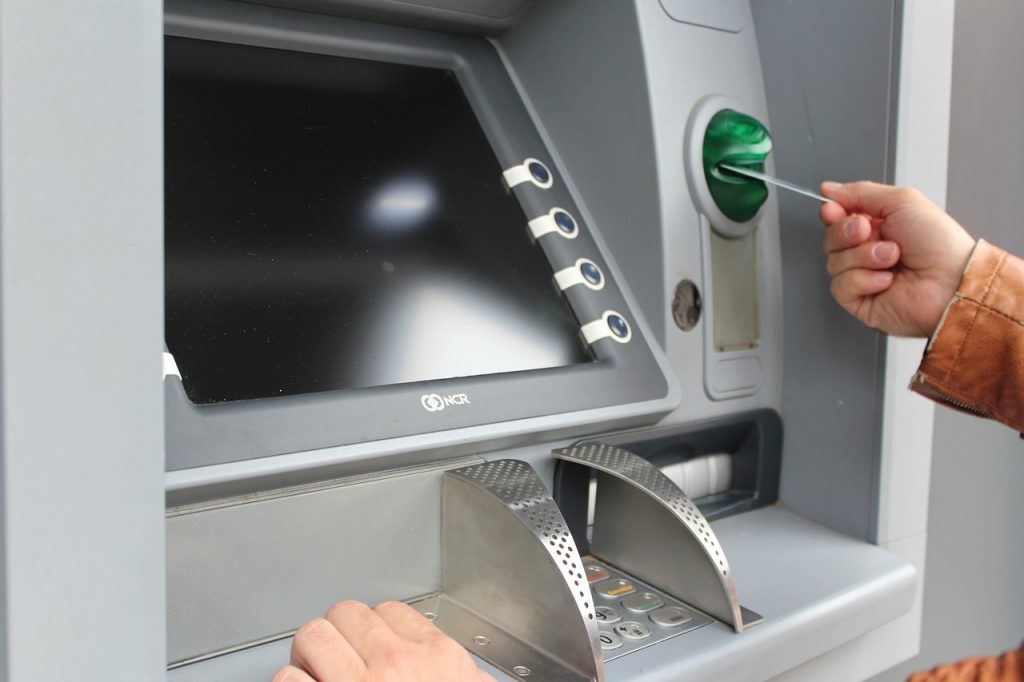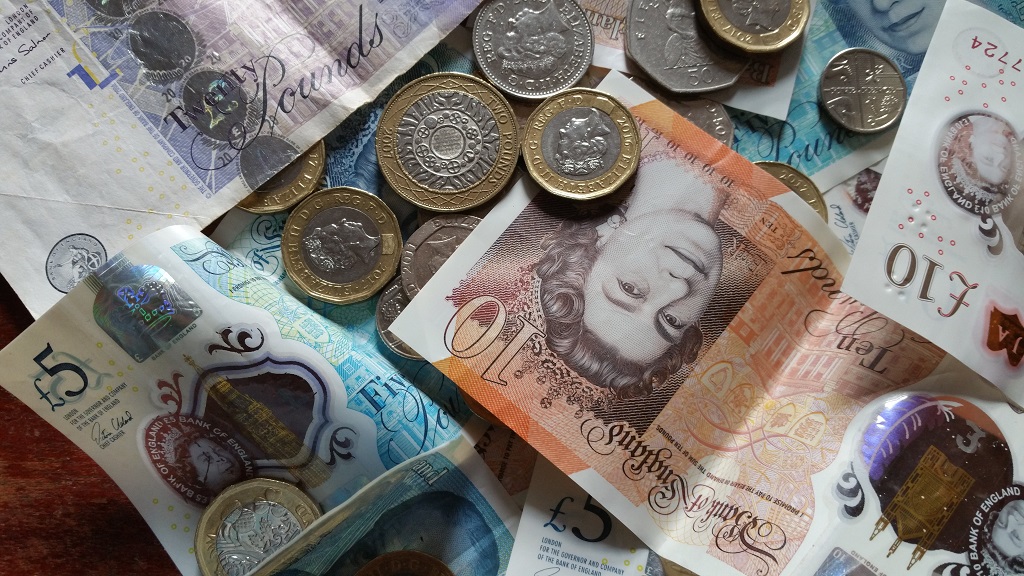- Navigate UK banking with ID and proof of address, using UK cards, and understanding ATM fees.
- Understand UK taxes and learn about employee taxes and Self-Assessment filing.
- Avoid double taxation by leveraging US-UK tax treaties and seek professional financial advice.
- Manage exchange rates and money transfers smartly to maximize dollars while shunning airport exchanges.
- Prepare a realistic budget for UK living costs, understand prices, and set up utilities with direct debit.
Imagine stepping into a world where the currency suddenly changes, but so, too, does the way money seems to work. The move from the US to the UK isn’t just a geographical shift; it’s a financial one. Americans setting their sights on the shores of Great Britain face a maze of new customs, financial instruments, and jargon that can be baffling at first. This post will equip transatlantic movers with a compass for navigating the UK’s financial landscape. Whether managing sterling, understanding UK taxation, or ensuring you’re adequately prepared to embrace your UK financial future, this article has got you covered.
Understanding the UK Banking System
Transplanting yourself into a new country requires a baseline understanding of the financial system. Banking in the UK operates differently from its US counterpart in several ways.
Opening a Bank Account
This is often the first hurdle for many new arrivals. Unlike in the US, where a social security number is key, UK banks may accept a passport and proof of address as a primary form of ID. Preparation is key: secure a place to live and gather the necessary paperwork early, as it can take time to open an account.
Debit and Credit Cards
In the UK, debit cards are often called ‘current accounts.’ Many services in the UK, especially those online, will require that you have a UK-issued card. Your credit card eligibility will depend on your credit history in the UK, not the US.
ATM Fees

Withdrawals in the UK are mainly free, but checking your bank’s policy is vital to avoid pesky fees. Some banks don’t charge foreign transaction fees, so research before withdrawing.
Navigating UK Taxes
Taxation is complex on both sides of the Atlantic, but the UK’s system has some unique aspects that US expats need to understand. Many people use the app Pie Tax to help them manage their taxes, receive advice, and track deadlines. But to help you, here are some things to know:
Employee Taxes
Research the UK tax year, which runs from April 6th one year to April 5th the next. Income tax, National Insurance, and other deductions can differ significantly from the US.
Self-Assessment
If your tax affairs are more complicated, such as working for yourself, you may need to file a Self-Assessment tax return. Many self-employed people opt for a personal accountant to navigate the system, but it can be done independently with some time and patience.
Double Taxation
Take advantage of UK and US tax treaties to avoid being taxed twice on the same income. This may require professional advice.
Making Your Dollars Count: Currency Exchange and Rates
The exchange rate can feel like a seesaw underfoot, significantly impacting your finances.
Understanding Exchange Rates
Exchange rates aren’t set in stone, and they fluctuate daily. Familiarize yourself with how conversion rates can affect your purchasing power.
Transferring Money
If you need to transfer large sums, use a reputable currency transfer service to secure the best rate and avoid fees. US banks often charge hefty international transfer fees, so it pays to research alternatives.
Currency Exchange Do’s and Don’ts
Don’t use airport currency exchange. Shop for the best rates, which might be attained through a smartphone app or online provider.
Budgeting and Cost of Living
The cost of living in the UK varies by area, but it’s generally higher than in the US. Establishing a budget is crucial to avoid financial shock. Here are some tips:
Monthly Expenses
From rent to groceries, anticipate what outgoings might look like and plan accordingly. You may be used to paying for health insurance, but in the UK, it’s covered by taxes.
Understanding the Price Tag
Remember that the UK uses the pound (£), which runs on a system of 100 pence. Mentally converting prices to dollars can help you gauge value in the early days.
Utilities and Bills
Set up your utilities carefully, as the providers and billing schedules will differ. Direct debit is a widespread method of payment and can sometimes offer discounts.
Moving to the UK can open up a world of opportunity, but it also presents new financial responsibilities. By understanding the UK’s banking system, budgeting wisely, comprehending taxation, and making thoughtful investments, you empower yourself to make the most of your transatlantic adventure. With these insights and a proactive approach, your financial path can be as smooth as tea time in the Cotswolds. Welcome to the United Kingdom—where even the coins in your pocket have a story to tell.

